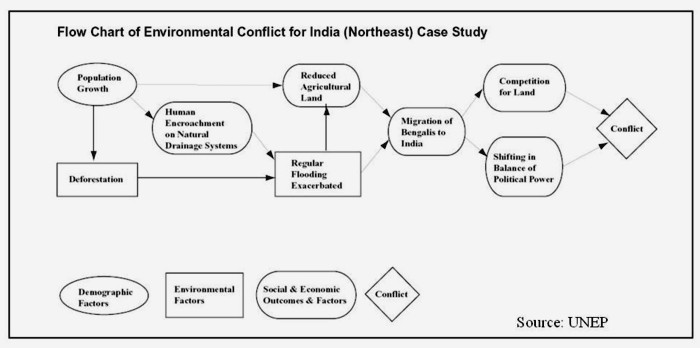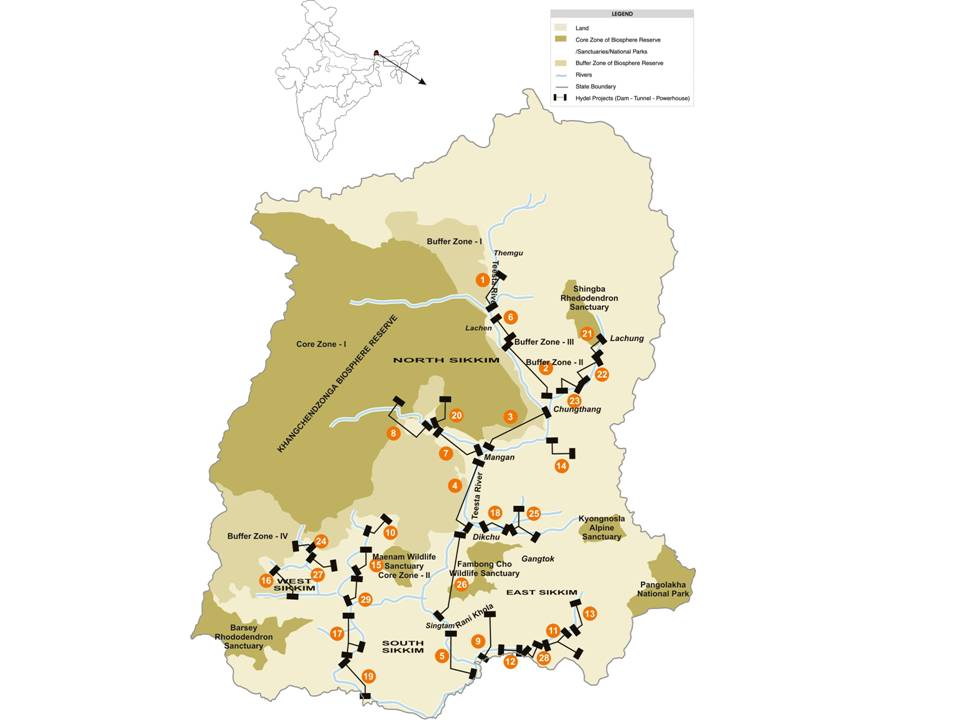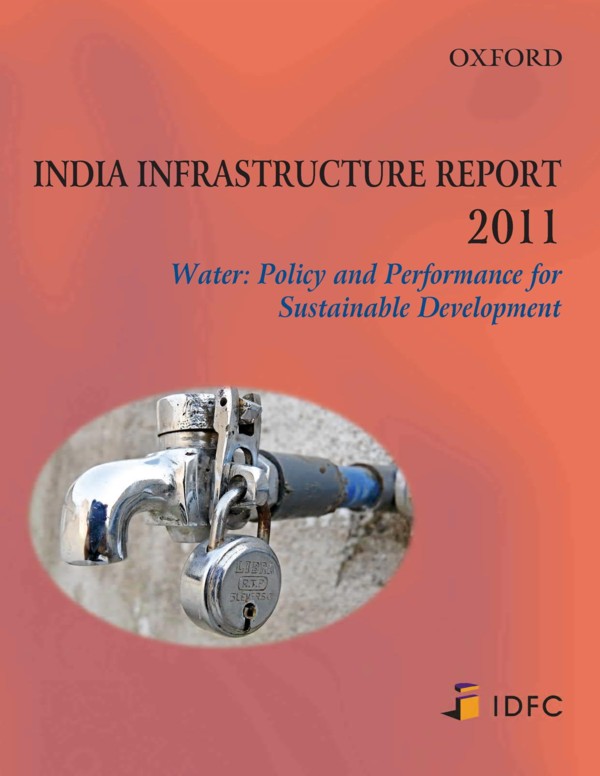Suhas Paranjape
Multi-stakeholder dialogue is messy, but necessary
Posted on 16 Feb, 2012 01:32 PMA workshop on ‘Understanding and resolving water conflicts in the North East India', was organized by Forum for Policy Dialogue on Water Conflicts in India (Forum), in collaboration with Aaranyak (Guwahati), Centre for the Environment, IIT (Guwahati), Arghyam (Bangalore), SaciWATERs-CapNet Network (SCaN) and Cap-Net to discuss emerging issues related to water conflicts and their resolution in the region. This workshop was held in Guwahati on January 23-26, 2012. It aimed at presenting concepts and theory related water conflicts as well as issues especially relevant to the North East Region.

"It is necessary to move away from a project-based approach towards a holistic perspective": Report of the dialogue on mainstreaming river basin planning held from 9 to 11 August 2011 (New Delhi)
Posted on 03 Feb, 2012 11:35 AMThis three day dialogue workshop on 'Mainstreaming river basin planning' held from 9th to 11th August 2011 in New Delhi intended to bring together activists involved in dam movements and other social and environmental movements, civil society groups, experts in water resources management, environment, river basin planning, officials from all the relevant ministries and departments and others concerned. Selected invitees from South Asian countries were also invited for sharing their views on transboundary issues.

Water: Policy and performance for sustainable development - India Infrastructure Report 2011
Posted on 20 Jan, 2012 04:55 PMThe India Infrastructure Report (2011) brought out by the Infrastructure Development Finance Company focuses on 'water' and seeks to 'evolve an appropriate policy framework from the perspective of rights, entitlements, and conflict resolution mechanisms'. The report aims to answer the following questions:
- How clear is the strategic vision for water resource management and sustainable development?
- How effective and equitable is the legal framework?
- Given that only the supply-side approach will not help in meeting future demand, what legal, regulatory, institutional, and pricing mechanisms will be necessary to efficiently manage and restrain demand?

Robust watershed modeling options for participative governance - A Water Governance Project review paper
Posted on 30 Apr, 2010 06:01 PMThis technical review paper puts forward robust watershed modeling options as an instrument of participative governance in the water sector, where there is common agreement among stakeholders on assessment of resource and on the manner in which it is to be utilized. Reasonably validated estimates are developed based on existing data and different scenarios are explored. The models offer a scope of assessing the potential changes in watershed hydrology and water availability due to watershed development projects, and can be used as a basis for planning and monitoring.
Reorienting watershed development programme in India – an occasional paper
Posted on 12 May, 2009 01:17 PMThis report by FoRWARD deals with the reorientation of the watershed development programme in India. The government is apparently committing larger resources for watershed development and plans to bring most of the dryland, degraded lands under the coverage of the programme over the next 25 years or so.
Watershed development review: issues and prospects - a technical report by Centre for Interdisciplinary Studies in Environment and Development (CISED)
Posted on 12 May, 2009 01:02 PMThe normative framework underlying the review “Understanding watershed development” requires a “normative framework” embracing the notions of “watershed” and “watershed development’, and how they are translated into practice. Such translation may also be based upon additional assumption about what is possible and desirable, and how to bring these changes about.
Watershed development in Maharashtra: present scenario and issues for restructuring the programme
Posted on 12 May, 2009 12:31 PMThe report on “Watershed Development in Maharashtra” by Society for Promoting Participative Ecosystem Management (SOPPECOM) ), on behalf of the Forum for Watershed Research and Policy Dialogue (ForWaRD), deals with the present scenario and issues for restructuring the programme. The concept of integrated and participatory watershed development and management has emerged as the cornerstone of rural development in the dry and semi-arid regions of India. Over the years the country has been making increasing investments in this area with the objective of enhancing the production potential of rainfed agriculture.